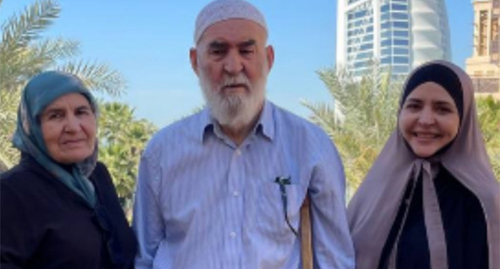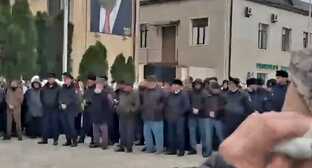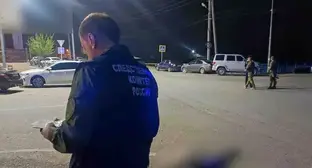
05 April 2025, 21:14
Lawyers assess justness for law enforcers' visits to Rizvanov's relatives
Law enforcers are entitled to conduct prophylactic conversations, but these are purely voluntary, while refusing to identify oneself and take photos and videos is a violation of the right to privacy, as well as an abuse of power. This is how lawyers have commented on the visit of Dagestani law enforcers to relatives of convicted Abubakar Rizvanov.
The "Caucasian Knot" has reported that two men came to the home of Abubakar Rizvanov’s parents (he was sentenced within a terrorism financing case), demanding information about the whereabouts of his children. Rizvanov's sister treats law enforcers’ constant visits as pressure.
Timur Filippov, an advocate, has noted that law enforcers treat such conversations as prophylactic measures. However, according to his version, the Russian law suffers from vague formulations that prevent a clear distinction of official necessity and abuse of office.
“Meanwhile, this does not mean that they can summon a person for endless conversations or to make regular visits to one’s home for no specific reason. In such a case, these actions can be qualified as abuse of office, since they create a psychological impact and are clearly illegal persecution of a convict’s family,” Mr Filippov has explained.
A lawyer for the human rights project “OVD-Info”* has noted that a conversation with a law enforcer is a voluntary event. “Of course, no photo and video recording without relatives’ consent is allowed,” he has added, noting that policemen’s unmotivated visits can be regarded as abuse of office.
*Included by the Russian Ministry of Justice (MoJ) into the register of foreign agents.
This article was originally published on the Russian page of 24/7 Internet agency ‘Caucasian Knot’ on April 4, 2025 at 05:01 pm MSK. To access the full text of the article, click here.
Author: Alexander Stepanov Source: СK correspondent





Комментирование через Кавказский узел